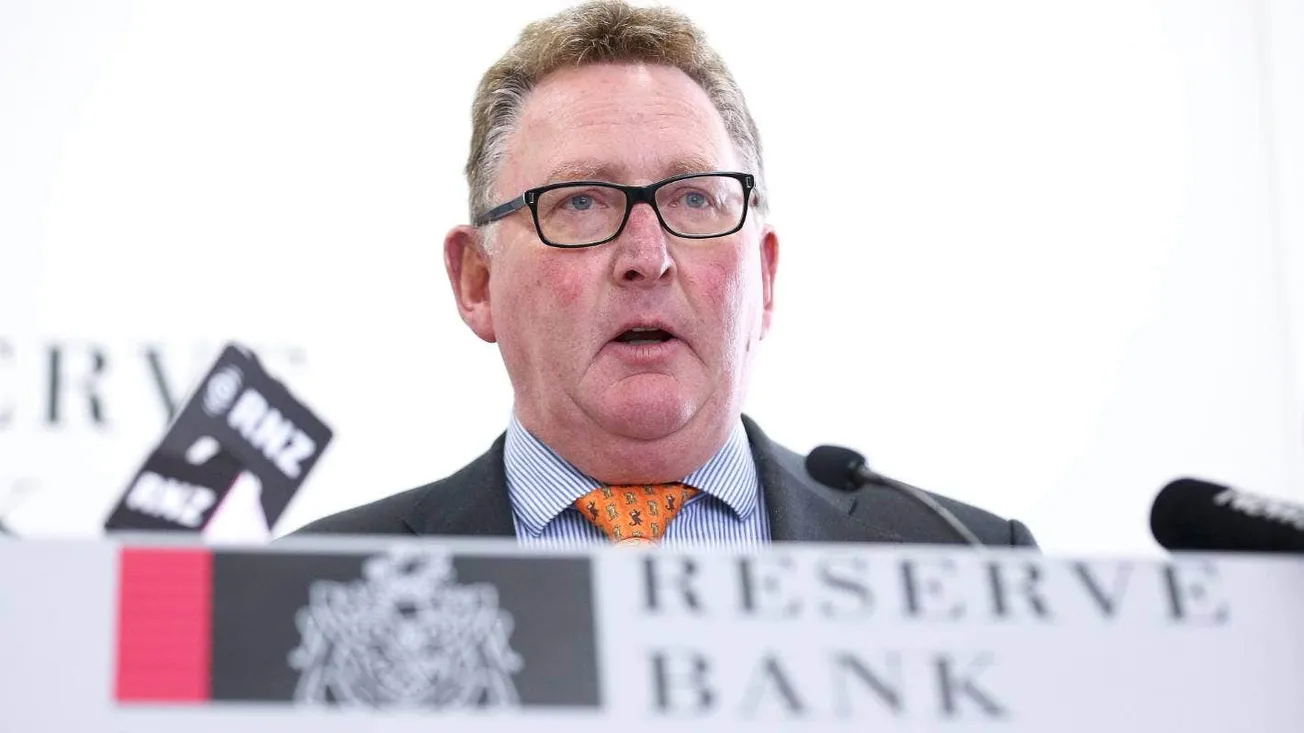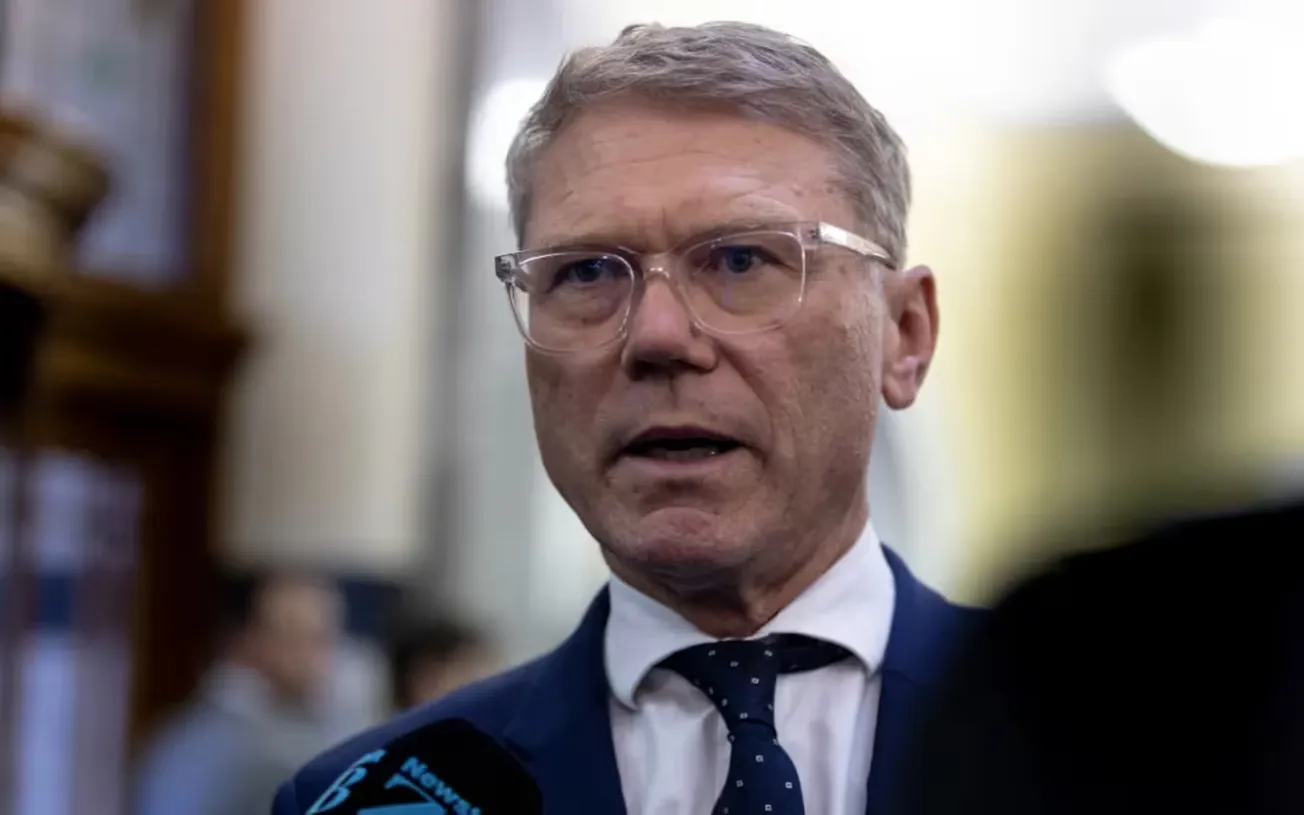Table of Contents
Well, here we are. After world governments have tried for a decade and failed to get inflation back to levels that are considered ‘healthy’ – 1% to 3% pa – suddenly, without warning, inflation rates have started to rise. I do not understand why, with constant cost increases, inflation has not been considered to have risen before now, but concluded that the reason was that the ‘basket of goods’ used to calculate the CPI must have included commonly bought items such as bicycle pumps and snuff. Now here we are. Inflation is set to make our lives harder, and for those on low incomes, it will make life much more difficult than it already is.
The first problem, of course, will be for those with very large mortgages, necessary these days for the purchase of a very ordinary house in most cities. These people are going to feel the effects of inflation fairly quickly. The CPI has risen by 3.3%, but prices rose 1.3% in the last quarter. This suggests that inflation will go higher than 3.3%, and the annual inflation rate could reach somewhere near 5.2%. As we all know, banks will increase lending rates very quickly in such circumstances, so those without fixed mortgage rates lasting for the next few years will start to feel the pain straight away. If price increases continue at the current rate, mortgage rates could hit 7% by the end of the year.
The Reserve Bank has quietly stopped its quantitative easing programme, having burned through $53 billion of printed money. Clearly, the Reserve Bank is now aware that inflation is on the rise, but also clearly, it did not see this coming. The governor, Adrian Orr, should have seen it coming. There has been talk about rising inflation in the USA all year. Did he think we would be immune? Come to that, did he really think that we should be using tools like quantitative easing, designed to stimulate the economy during recessionary times, during periods when both demand for goods and employment levels were at an all-time high? Why did we need to print money? Quantitative easing is always inflationary. It appears as if , dare I say it, Adrian Orr did not know this.
Well, he knows it now.
The Reserve Bank kept cutting the OCR in an effort to stimulate an economy that needed little stimulation, but all it did was to cut interest rates which made housing very attractive. The shortfall in new housing, caused by a number of factors, such as councils refusing to release land for housing and the long arm of the RMA, has made housing scarce and therefore more expensive. All those first-time buyers who have enormous mortgages should put the blame entirely on the government and the Reserve Bank for the situation they will find themselves in, and all those millenials blaming boomers for high house prices just need to hang fire. Prices will probably start falling, or at least demand will start to reduce, in the blink of an eye.
Adrian Orr should not have cut the OCR at a time when the economy was humming along perfectly well. Sure, he may have looked to the horizon and seen dark clouds, but he still should have waited before repeatedly cutting the OCR. It left him with nothing to use as a tool to control the economy, and with interest rates at unprecedented low levels, it left him no room to move when COVID hit.
No matter… Orr’s ‘dark clouds’ had finally arrived, in the form of a world pandemic. Now he could bring out the big guns and start printing money. Here was the economic disaster he had been waiting for. Except… it wasn’t. The economy held up remarkably well during COVID. Employment levels stayed high, and the lack of immigrants meant that, rather than having high unemployment, we had significant labour shortages. We still do. But seeing himself as a latter-day John Maynard Keynes, he set up the country for a 1930s style economic depression, where quantitative easing was justified because of reduced demand for goods and high unemployment. But demand stayed strong, our exports continued to outstrip all expectations and the 1930s depression never happened. Now we have massive debt, crumbling infrastructure, (which was meant to be rebuilt with the money printed, but we have a government incapable of making this happen), labour shortages in all sectors, a government that splashes money around like there is no tomorrow and – the icing on the cake – inflation likely to hit between 5% and 7% this year.
What a pack of fools we have in the halls of mahogany row.
So what happens now?
The Reserve Bank is likely to find itself in more familiar territory, raising interest rates to curb inflation, but the damage to the economy is likely to be catastrophic. Once interest rates start to rise, everything is affected. Those on low incomes will find they cannot afford a lot of essential items. Jacinda always fails to understand that giving beneficiaries another $25 per week never actually solves anything for long, but she keeps doing it, this time with printed money. Inflation will just eat away those increases really fast. But my biggest concern is for those who have bought their first homes over the last couple of years. They are likely to be faced with higher mortgage costs, higher living costs and also the possibility that, as interest rates increase, house prices will fall as demand reduces. The only good thing is that our Australian-owned banks mostly insist on strong deposits for mortgage lending, giving most homeowners a buffer before the value of their homes go below the value of their mortgages. It has happened before; don’t think it can’t happen again.
The principal beneficiaries of all of this will be – yes, you guessed it – those evil old boomers, many of whom have money on deposit. Their returns are likely to improve considerably over the next few months. Oh, the irony… it would be funny if the other side of the coin were not potentially so tragic… but it’s too late now.
Maybe if Adrian Orr had not been so obsessed with the Maorification of the Reserve Bank and dusted off his Economics 101 books for a bit of light reading, we would not be in the position we are facing now. But Orr seemed to think he knew better than anyone, when clearly he didn’t. I think the final irony is likely to be that it will be the famers who save the day again. After all, our exports are in high demand and even if the price goes up, the world still needs to eat. Don’t tell Chloe Swarbrick though. Or James Shaw. Or Jacinda, or Grant Robertson, or Adrian Orr. They are the ones who got us into this mess. Let’s find some competent people to help us to get out of it.
Please share this article









